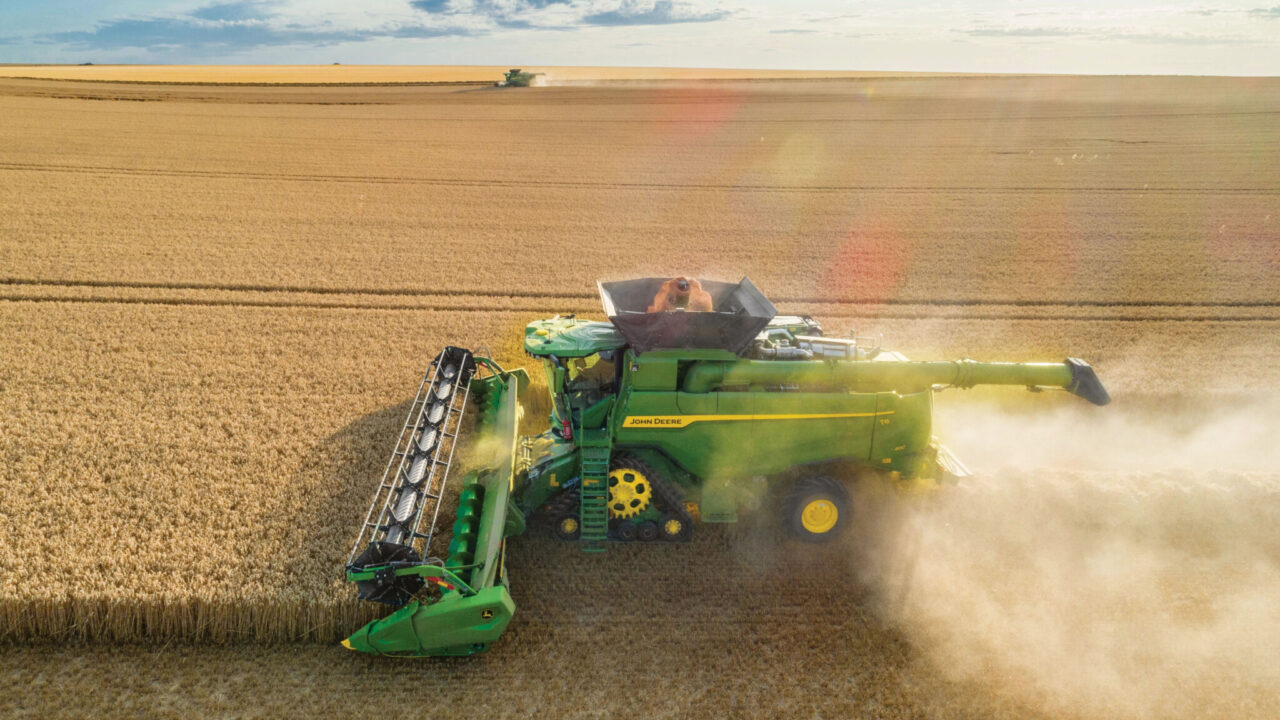Growers in Northern Ireland are confirming second wheat yields in the region of 3.5t/ac at around 16% moisture.
Merchants accepting grain at the present time are drying crops down to 14%.
Straw yields are also more than acceptable. Growers in Co. Tyrone, for example, are getting just over five 8x4x3 bales/ac. Straw quality is reported as excellent.
The spring barley harvest is now in full swing, with crops averaging 3t/ac.
With the weather set fair, it is now predicted that Northern Ireland’s cereal harvest for 2025 will be wrapped up within the next seven days.
Looking ahead, College of Agriculture, Food and Rural Enterprise (CAFRE) crop specialists are highlighting the threat posed by Barley Yellow Dwarf Virus (BYDV) to early sown winter barley crops.
One option worth considering by growers in this context is the use of varieties that offer at least partial resistance to the virus.
Grass weeds
Managing grass weeds in newly sown cereal crops will also be a priority. The previous harvest will have given farmers an opportunity to identify areas of fields where grass weeds would have been a particular problem.
Lightly cultivating fields as soon as possible after straw bales have been removed will encourage grass weeds to germinate.
This flush of green growth can then be burnt off prior to the drilling of the subsequent crop.
Switching to a spring crop would allow a greater window of opportunity to deal with all grass weeds before sowing takes place.
Alternatively, a break crop, such as oilseed rape, allows different herbicides to be used when it comes to the control of grass weeds within an arable rotation.
Potatoes
Meanwhile, potato growers are being strongly urged to be extremely vigilant where the threat of late blight is concerned.
It is also important to identify the strain of the fungus concerned, should blight become an issue.

There is a strong possibility that digging main crop potatoes in Northern Ireland could get underway within the next fortnight.
The thorough cleaning of stores is an important factor in ensuring that potatoes disease, including silver scurf, skin spot and dry rot, are not carried over from one season to the next.
Ideally, buildings should be vacuumed cleaned rather than blown out. This approach ensures that disease-carrying spores are spread within the environment of the building.
All sheds should also be power washed as part of the cleaning process.

